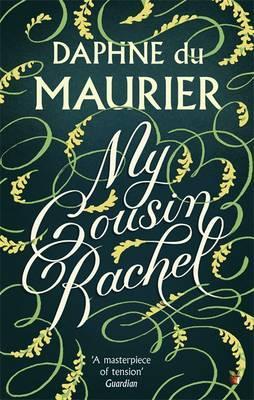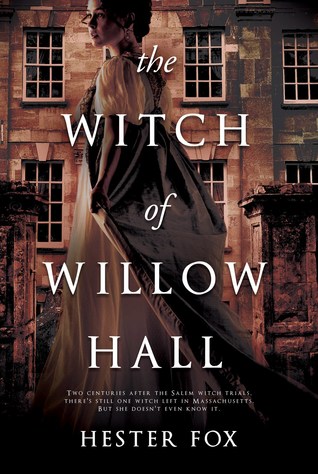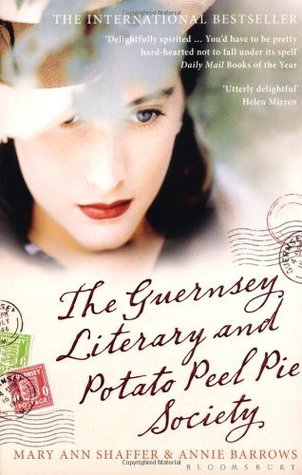Title: The Crucible
Author: Arthur Miller
Synopsis:
The place is Salem,
Massachusetts, in 1692, an enclave of rigid piety huddled on the edge of
a wilderness. Its inhabitants believe unquestioningly in their own
sanctity. But in Arthur Miller's edgy masterpiece, that very belief will
have poisonous consequences when a vengeful teenager accuses a rival of
witchcraft—and then when those accusations multiply to consume the
entire village.
My Thoughts:
In Arthur Miller's play a group of teenage girls accuse women of witchcraft in 17th's century Salem, and the famous witch trials take place as the consequences of their words.
The work itself is not written in the traditional drama format, since there are pieces of texts inserted in between the dialogues, that attempt to explain what must have been the reasons behind the mass hysteria that evolved in Salem in those fateful years. Arthur Miller lays out facts for us, and like an investigative journalist tries to dig to the bottom of the case and come up with motives. I found this new form of drama-writing refreshing, this play really worked better with a little realism.
Of course originally the pointing wasn't done by teenage girls, but there is something frightning in that Mr Miller gave such power to children in this piece. In the beginning the girls just want to shift the attention from themselves and their night activities in the forest but eventually their game gorws into something bigger, they lose control over it and their self-defence will cost lives.
I liked that I couldn't exactly figure out how to feel about certain characters. I mean essentially I had a positive intuition about John Proctor and I nurtured negative feelings towards Abigail (Abigail is the leader of the girls and John Proctor is the owner of the house where she worked; their personal relationship is one of the main motivators in the play), but in the end I brought myself to think about both their situations and what happened between them before, and I realized John Proctor wasn't absolutely innocent either (it doesn't mean Abigail should have done what she did but still, I was playing around with perspectives a bit...)
The whole play is very tense, families get torn apart and there are fierce battles of words that eventually land some residents of Salem in prison. The last act is especially tough. Those who won't confess end up on the gallows. The moral questions that the idea of confession to witchcraft brought up were extremely interesting and I was struggling to decide what I would have done in the place of the accused.
I think everyone should read this play once in their life, and there isn't a better time than October to do so.




































